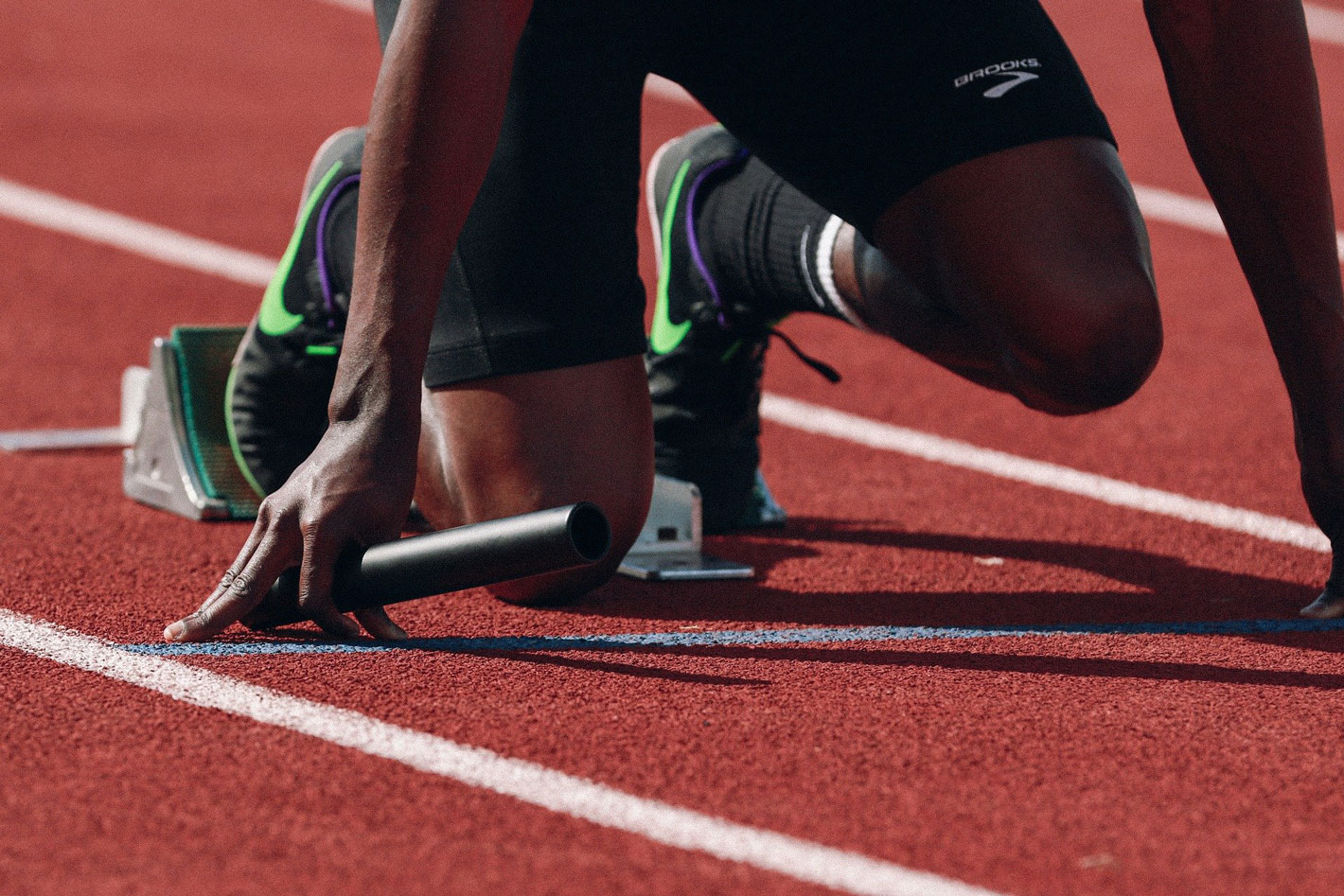Student-athletes undoubtedly face anxiety while playing their sport. From pressure to make the shot, get the goal, or score the touchdown to the looming demand to play faster, smarter, and better, student-athletes often find themselves stretched to their limits. But what about after the final whistle blows? In reality, the challenges of being a student-athlete can strain mental health long after leaving the field.
Managing mood disorders
Though student-athletes are typically celebrated publicly for their accomplishments, many struggle with their mental health in private. Approximately 30% of female athletes and 25% of male athletes face mental health challenges including anxiety, depression, and bipolar disorder. However, data shows that only 10% of these athletes seek professional help, meaning many shoulder their struggles in silence.
Battling body dysmorphia and eating disorders
In addition to mood disorders, eating disorders and body dysmorphia are common amongst student-athletes. Eating disorders are particularly prevalent in sports that are judged, such as gymnastics, swimming and diving, and figure skating. In these particular sports, slimmer athletes tend to be more successful, creating even stronger incentive for some to engage in disordered eating. Additionally, sports that divide athletes into weight classes, such as wrestling and rowing, are shown to trigger disordered eating as well.
On the other end of the spectrum are sports that trigger body dysmorphia, which may encourage an athlete to bulk up. Most common in males, body dysmorphia typically causes athletes to change their diet and exercise habits to build as much muscle as possible and create an appearance of being physically larger than their natural form. Associations with body dysmorphia include anxiety, sadness, social isolation, substance use, and even abandoning once loved things, including the sport itself.
Physical wellness impacting mental wellness
Beyond the mental health conditions that can be triggered by sports, physical injuries can also cause emotional responses like isolation, sadness, anger, appetite changes, and even insomnia.
In high-contact sports, such as football or boxing, repeated head injuries can change the composition of the brain, causing significant mental health challenges. One of these conditions, chronic traumatic encephalopathy (CTE), results from sustained concussions that can cause memory loss, confusion, and drastic mood swings.
Finding help
Participating in sports can provide many physical and mental health benefits, but if you or the student-athlete in your life are struggling with a mood disorder, experiencing an eating or body image-related disorder, or suffering from post-injury emotional distress, Valley Oaks Health is here to support you. We offer counseling services to help you manage mental health struggles and get back on the field.







